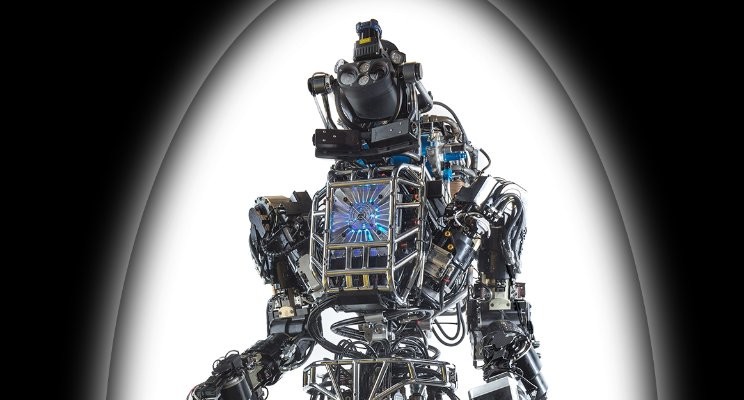
And why they won’t be featured in “Almost a Brain”
Last Friday I announced my upcoming documentary about computers that model the human brain, “Almost a Brain“. And I’ve started talking about it to everyone I can. I practice my pitch on them while watching their faces for signs of interest, skepticism, and outrage. This is market research; it’ll affect what the documentary covers, and how.
But there’s one reaction that I’m basically going to ignore: “When computers are smarter than us, won’t they take over?” It’s an old fear that’s gotten a lot of attention in the last few years because of advances in artificial intelligence (AI) — and the concerns of famous “smart people” including Stephen Hawking and Elon Musk. It’s a tale perfect for the anxiety-addicted U.S. media, featuring celebrities, strong opinions, and imminent danger.
And I don’t care.
Well, that’s not completely true. I care in the sense that I believe that any new, powerful tool demands caution and respect. We can expect a period of unbounded possibility and lawlessness, followed by a settling down as society decides what costs are worth the rewards. This consensus is never pretty: Consider the million-plus deaths per year we accept in exchange for the benefits we get from driving cars, for example. It’s wise to start the discussion now.
For the purposes of my documentary, though, the apocalypse argument isn’t interesting. First, because it’s unlikely, at least in the general sense described in the media. Second, it’s already well-covered: I have nothing new to add. Third, and most importantly, it’s a technological discussion of something that’s ultimately a human matter. The doomsday scenarios require human cooperation to build, spread, and apply the technology, in the face of (human) opposition. That’s a much bigger nut to crack than the technical ones.
These human matters also lead to more interesting questions. Such as: What is human thought? Will we recognize it when we see it? How will we then differentiate ourselves from our creations?
These questions are at least as old as biblical stories of golems. They have new importance now, as supercomputers approach the raw processing power of the human brain; neurologists can map and better understand the relationship between brain and thought; and artificial intelligence opens new windows into how we learn, and ultimately create. So the stimulus to make this documentary now is technological; its motivation, however, is human.
That’s why I’m actively pursuing sources in the areas of philosophy and human neurology for the documentary — areas outside my own field of computer science. As Wavy Gravy often says, “It’s all done with people.” So Almost a Brain is ultimately about people — old and new.
Originally published at https://www.linkedin.com/pulse/why-killer-robots-dont-worry-me-tom-geller